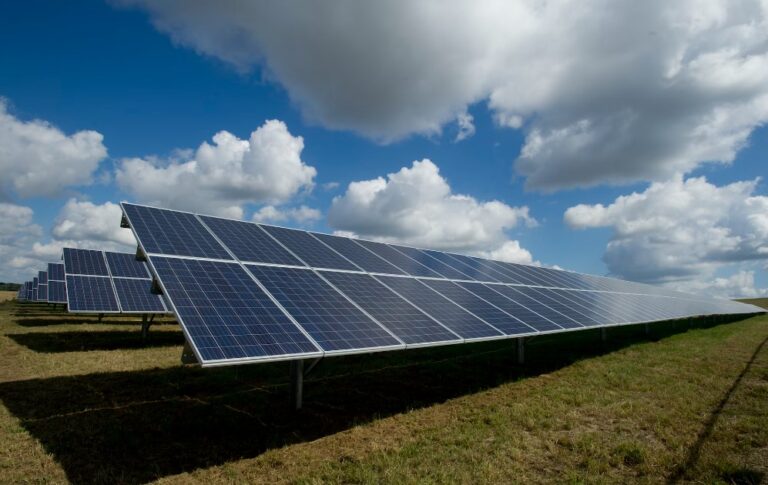The International Energy Agency (IEA) has identified four key actions to reduce greenhouse gas emissions in the energy sector between now and 2030: accelerate on renewables, increase energy efficiency, cut methane losses, focus on electrification.
According to a recent update of the IEA report, these four actions constitute 80% of the efforts required to reduce greenhouse gas emissions in the energy sector by 2030, in order to meet the goals set by the Paris Climate Agreement.
Furthermore, in the years to come, two key objectives become even more crucial. Namely, tripling the use of renewable energy and doubling energy efficiency.
Table of Contents
Renewables: the future of energy is possible
Energy is the most relevant sector for combating climate change, as fossil fuels are responsible for around 75 percent of greenhouse gas emissions.
To achieve carbon neutrality, i.e. net zero emissions, by 2050, it is necessary to follow the indications of the International Energy Agency (IEA, from the English acronym), which in its reports provides a clear and reliable vision of the energy plan to be adopted
The IEA reports, as well as those of the IPCC (the United Nations Intergovernmental Panel on Climate Change), are reference documents for understanding the state and prospects of the energy sector.
Despite having underestimated the growth of renewable energy between 2010 and 2020 in the past, the IEA is now one of the most authoritative bodies in describing the roadmap to achieve zero emissions.
The latest update of the 2021 Net Zero report highlights a crucial aspect. Renewable energy is increasing more than expected. But not enough to guarantee compliance with the Paris Climate Agreement, which aims to limit the increase in average global temperatures to a maximum of 1.5 degrees centigrade by the end of the century, compared to pre-industrial levels.
Change of pace towards renewable energy
The IEA, which in the past was considered very close to the fossil world, published the Net Zero report in 2021, in which it stated that new drilling in search of oil and gas would no longer be necessary. The report also highlighted the importance of accelerating the transition to renewable energy in the coming years, and more specifically, by 2030.
These conclusions were confirmed by the 2023 revision of the Net Zero report, which reduced the estimate of technologies needed from 2030 onwards.
The share of technologies still to be developed for the period after 2030 has been reduced from 50 to 35 percent, thanks to notable advances in the sector of renewable electricity and its storage.
IEA forecasts: renewables growing, hydrogen and CCS declining
The 2023 update of the International Energy Agency’s report on the energy transition confirms the positive trends recorded in recent years, with an increasingly important role of renewable sources and batteries.
Solar is expected to go from 630 to 820 GW installed annually by 2030, while wind power will have a slightly lower forecast due to longer bureaucracy and installation times.
Batteries are the protagonists of the energy transition, with a considerable increase in installed capacity needed by 2030. Thanks to significant technological advances, batteries will go from 590 GW to 1,020 GW, thus becoming an essential component for the storage of renewable energy.
Conversely, some technologies, such as green hydrogen and CO2 capture and storage (CCS), find less space in a decarbonised economy. In part, this is due to competition with cheaper and more efficient renewable solutions.
Renewables: the future of energy is possible
The much feared intermittency of renewable production is balanced by other energy sources, increased interconnection and energy storage.
The final part of the energy system, the most difficult to decarbonise, is transport. However, thanks to the development of technologies, in the coming years we will have greater certainty on how to decarbonise it.
Furthermore, an electrified economy requires much less mining materials than a fossil fuel-based economy.












